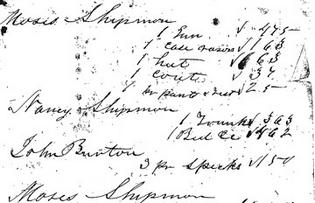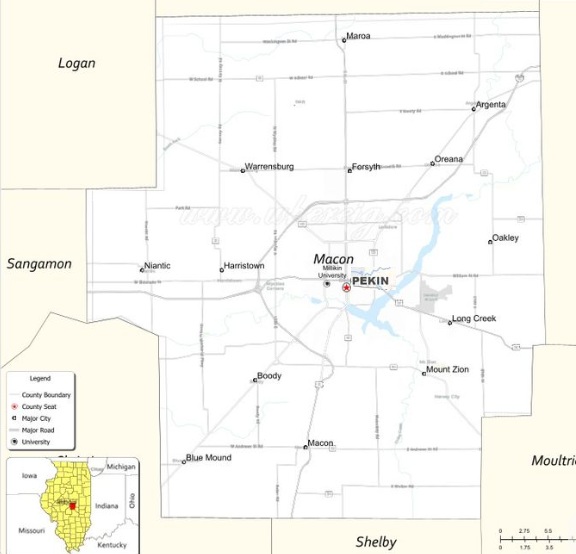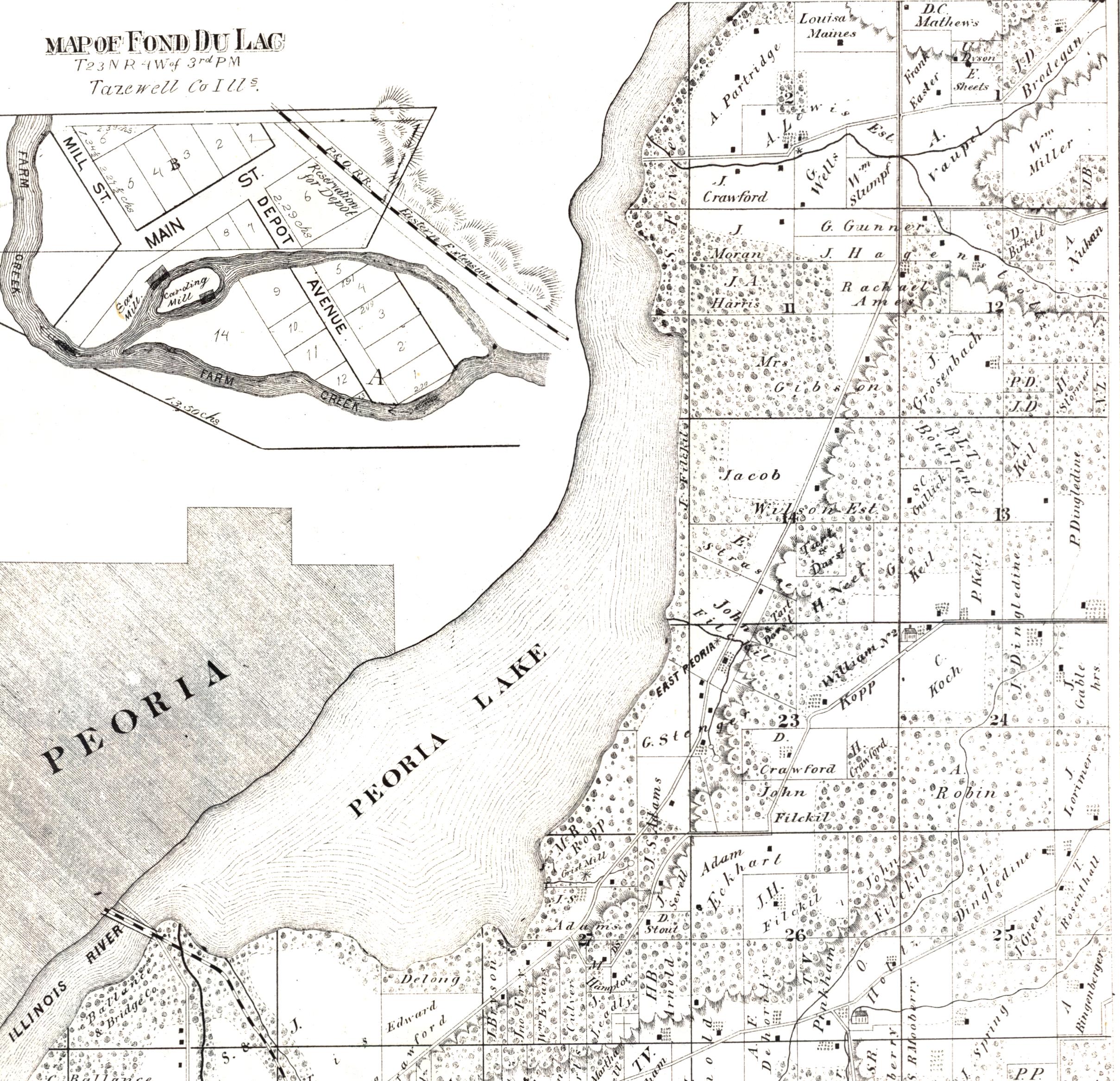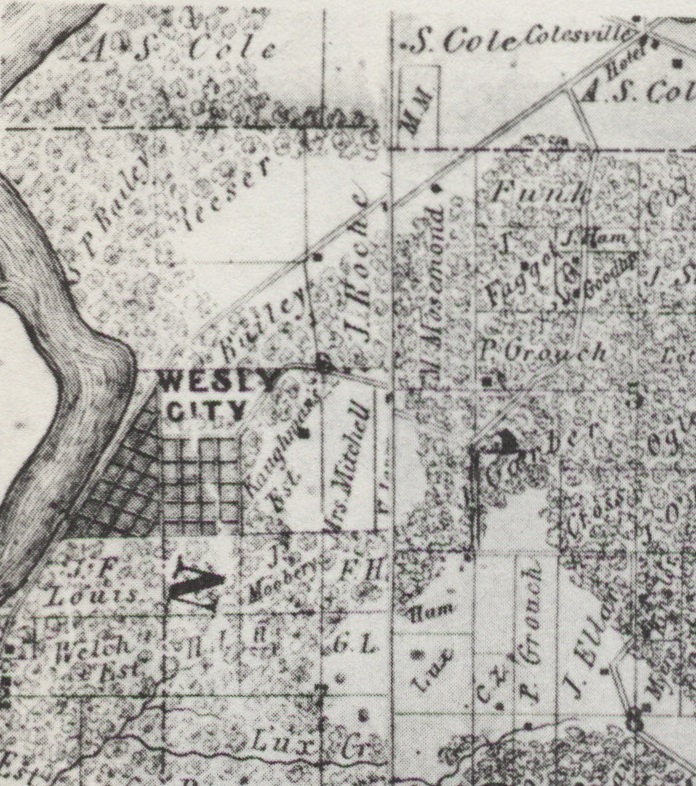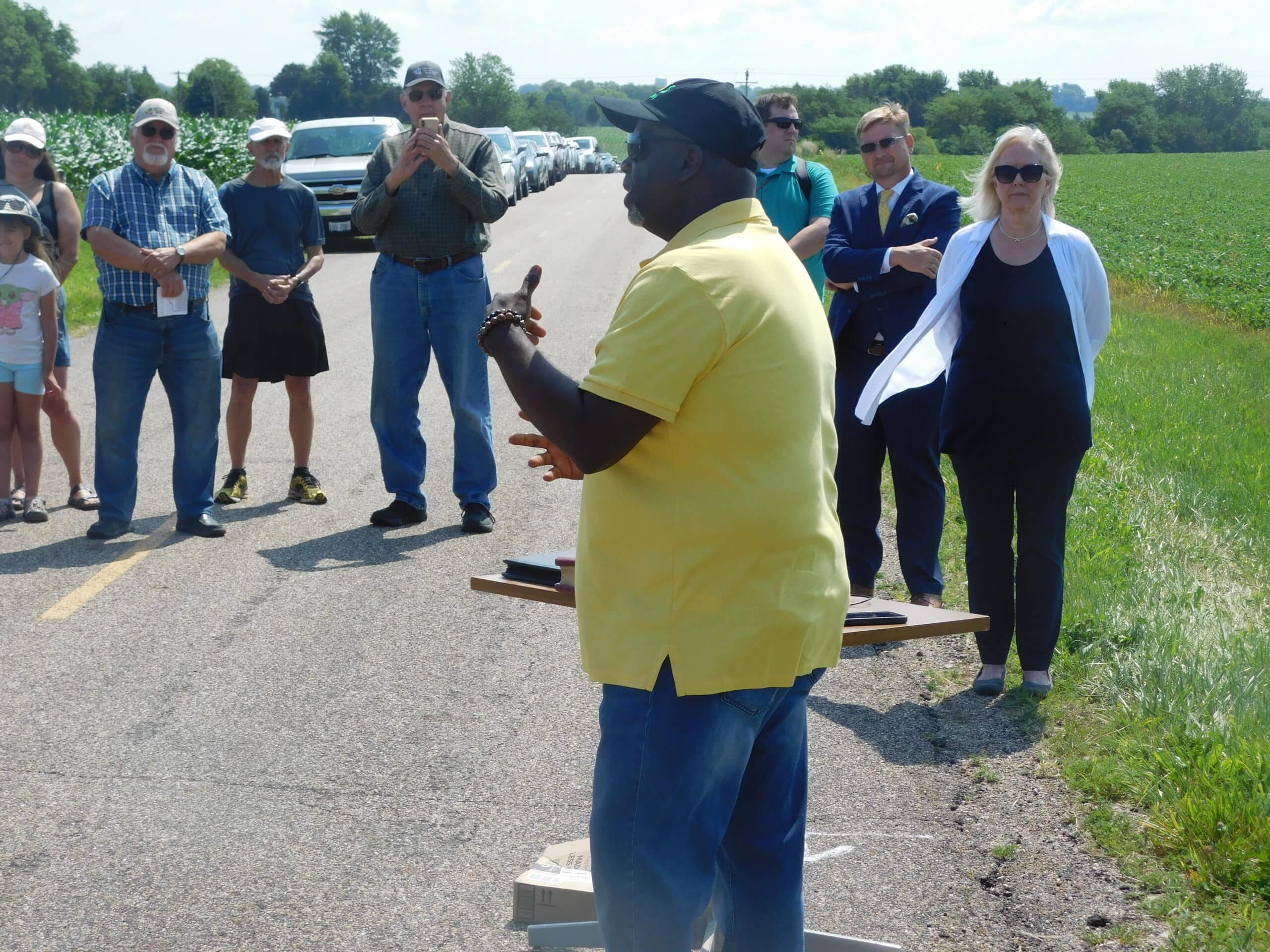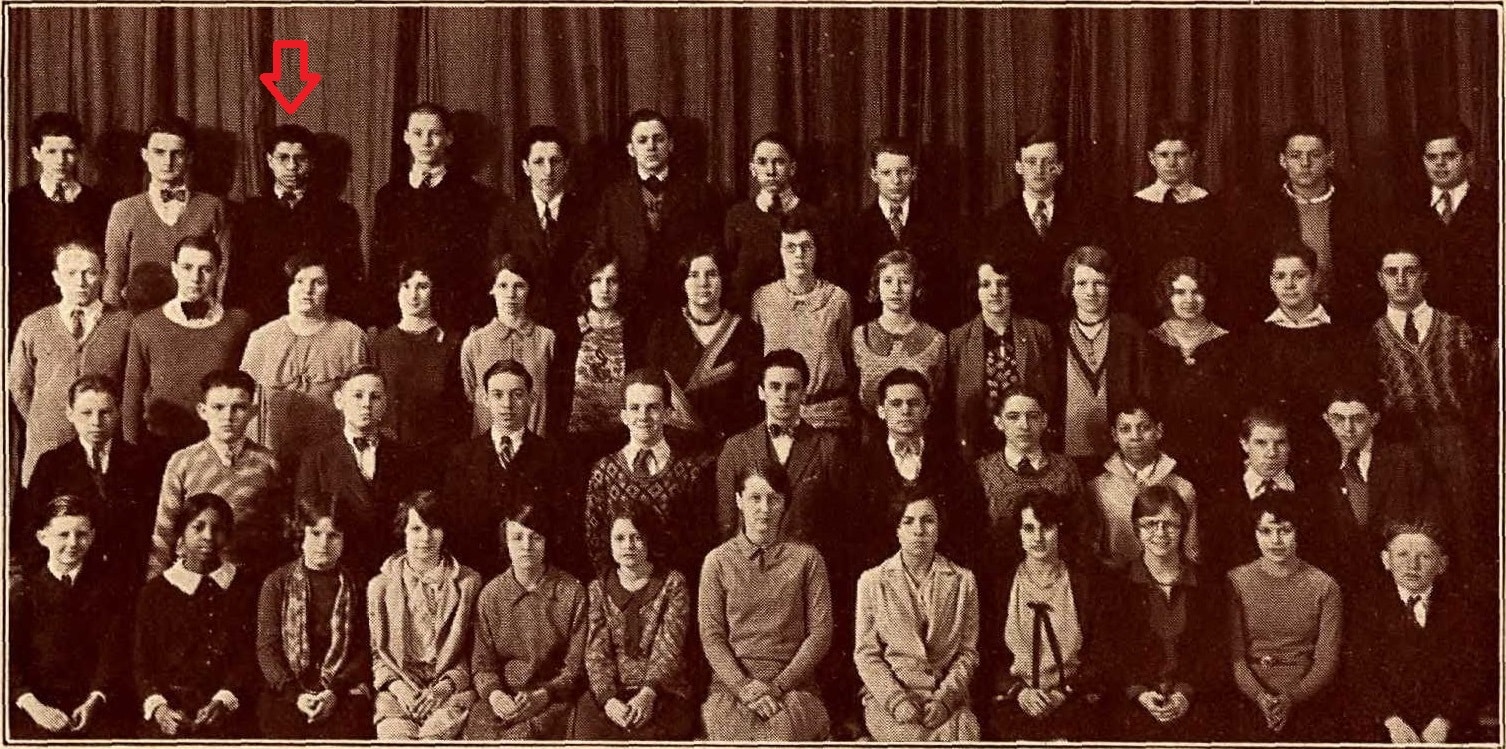Here’s a chance to read again one of our old Local History Room columns, first published in January 2014 before the launch of this blog . . .
About three months ago, we recalled a harrowing and heroic tale from the days of the early pioneers of Tazewell County – the story of how a group of Tazewell pioneers rescued a family of free blacks from a band of human traffickers who planned to sell them into slavery.
The story involved an early settler whom the early county histories know only as “Mr. Shipman.” It was the family of Shipman’s beloved African-American employee, known in the early histories only as “Mose,” who were kidnapped and rescued. We saw, however, that census records reveal that “Mr. Shipman” had the given name of “David,” while Mose – that is, Moses – had taken the surname of Shipman.
This latter detail indicates that Moses Shipman and his family had formerly been David Shipman’s slaves, as it was rather common for families of slaves to assume, or to be given, the surname of their masters or former masters. This is confirmed by a written recollection of J. O. Jones of Tremont, secretary of the Tazewell County Agricultural Board in Delavan. Jones, who was born around 1838, wrote in Aug. 1906, “Shipman brought Two families of Negroes about 1824 or 25 and set them free Giving Bonds for them.”
Jones’ recollections were transcribed and reprinted in the Feb. 2012 newsletter of the Tazewell County Genealogical & Historical Society, page 337. Additional details about David Shipman and Moses Shipman can be found in the Oct. 2009 TCGHS newsletter, pages 2070-71, in David Perkins’ article, “Selected Items from David Shipman’s Probate Records,” which are preserved by the Tazewell County Circuit Clerk’s Office.
The article says, “David Shipman (circa 1760-1845) was a Revolutionary War Soldier buried in Tazewell County. This editor was looking through his probate records to find proof of place of burial. No mortuary records were found because at this time the family and neighbors usually bathed and dressed the body, as well as building the coffin and digging the grave. His probate papers were in a folder 8 ½ x 4 inches. It was about an inch thick. The will and many various sized papers were found.”
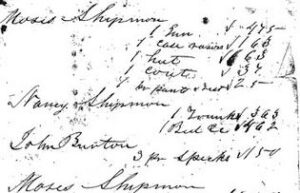
The article highlights four of the documents from David Shipman’s probate file. The first document tallies up payments made from David Shipman’s estate to Moses Shipman – these payments, totaling $2,407, were reimbursement for Moses Shipman’s having taken care of David and his wife from 1831 to 1845, and to repay Moses for the cost of David Shipman’s coffin. The second document from the file is a statement that “David Shipman died August 11, 1845 after making his last will and testament filed herewith.” The third document is a receipt from the undertaker Willerson Richmond for David Shipman’s coffin. The fourth document is an inventory and appraisal of David Shipman’s property with a list of those who bought those items when they were auctioned off – Moses Shipman bought most of them at the auction.
Just from the story of the great lengths to which David Shipman and his pioneer friends went to rescue the family of Moses Shipman from the human traffickers, it’s evident that David Shipman and his former slaves must have maintained a close friendship. Their friendship again appears in these documents from David Shipman’s probate file, which tell us that Moses cared for David Shipman and his wife for several years, even handling funeral arrangements for David and buying much of David’s possessions at the estate auction.
The probate file does not, however, provide any evidence about where David Shipman was buried. For that information, we can turn to a 1917 book in our library’s Local History Room collection entitled, “Revolutionary Soldiers Buried in Illinois,” page 152, where we read that David Shipman was buried in Antioch Cemetery near Tremont. The Find-A-Grave website also lists Shipman as buried in Antioch Cemetery, listing his birth as Aug. 15, 1765 in Augusta County, Virginia.
It was in Virginia where David Shipman had served in 1780 in Capt. Robert Craven’s Rifle Company during the Revolutionary War. A summary of David Shipman’s war service is included in “Revolutionary Soldiers Buried in Illinois,” while a much more detailed account may be read in Shipman’s 1833 Revolutionary War pension file, available at Ancestry.com. The pension file’s account of his service confirms the 1917 summary, and indicates that he was born around 1766 in Rockingham County, Virginia. Swearing affidavits in support of Shipman’s petition for a pension were Peter Cartwright, James Harvey and William Brown. Moses Shipman does not appear in David’s war pension file.


